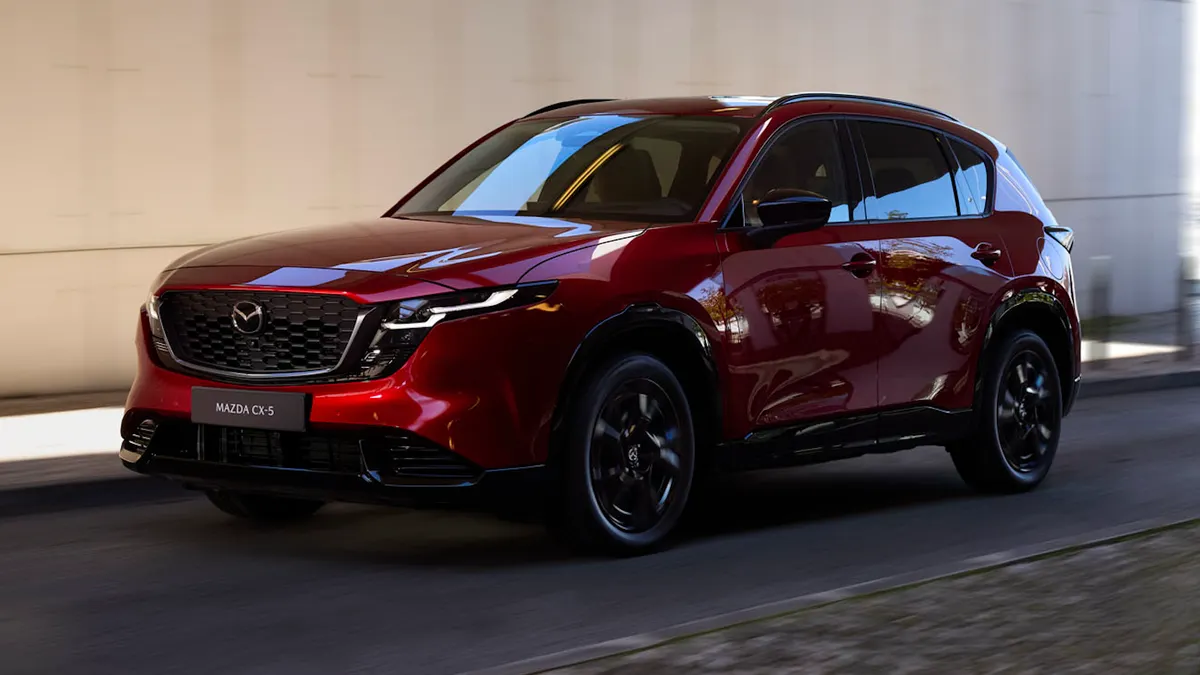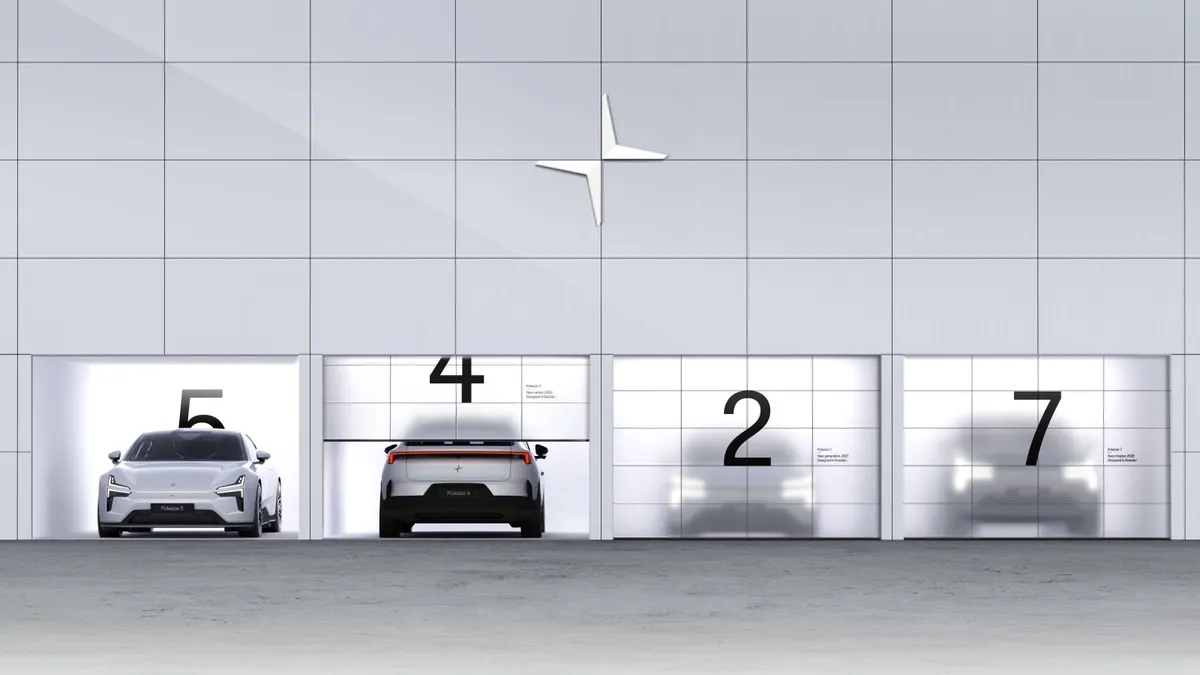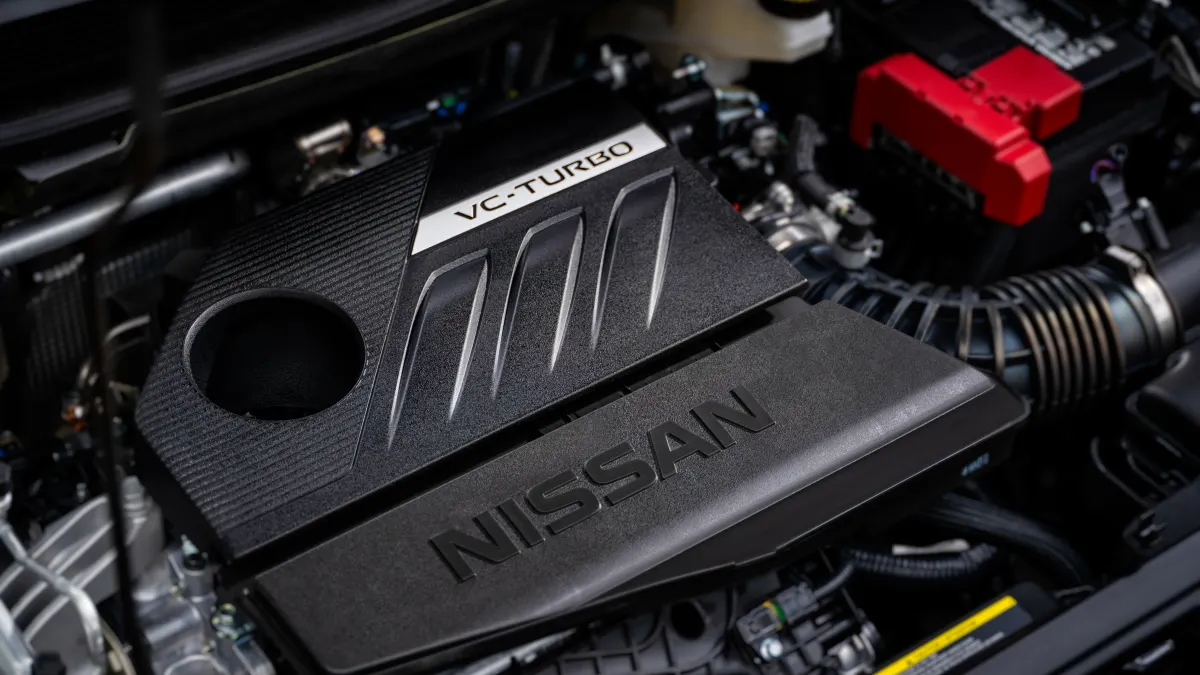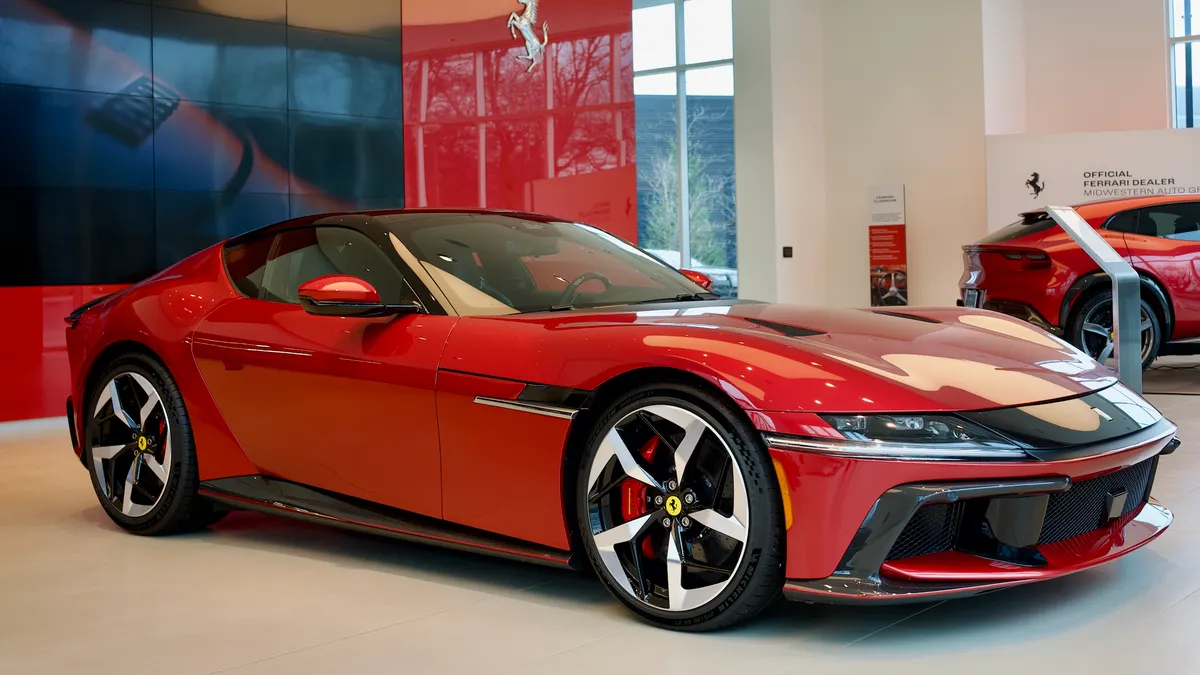Editor's note: This story is part of the WardsAuto digital archive, which may include content that was first published in print, or in different web layouts.
Truck maker Iveco reveals its hydrogen-powered eDaily large light-commercial vehicle developed with Hyundai Motor at IAA Transportation 2022 in Hannover, Germany.
It’s the first product to emerge from the two companies’ commercial partnership signed early this year in the field of zero-emission vehicles.
Hyundai will be providing fuel cells developed by its hydrogen mobility brand HTWO to the new van and also to bus operators in Europe.
The new eDaily, claiming a range of 217 miles (349 km) and a maximum payload of 3 tons (2,720 kg), is fitted with a 90-kW hydrogen fuel cell system and 140-kW e-motor. The vehicle's battery pack is provided by FPT Industrial, Iveco's powertrain unit.
The truck and bus maker promises to develop a range of zero-emission vehicles following its breaking away from former parent company CNH Industrial at the beginning of this year. It also has a joint venture with U.S. electric-truck maker Nikola to produce battery-electric and hydrogen-fuel-cell heavy trucks.
Meanwhile, Mercedes-Benz announces a new generation of high-performance batteries for the all-electric, low-floor Mercedes-Benz eCitaro urban bus.
The batteries, supplied under the abbreviation NMC°3, claim a 70% boost in power over the previous generation leading to long range without the need for opportunity charging – frequent charging for short periods. The first eCitaro buses with the new-generation batteries are expected to be delivered before the end of 2022.
These third-generation lithium-ion batteries are formulated around cells with a new, high-energy lithium nickel manganese cobalt oxide, a liquid electrolyte and an advanced graphite anode. The capacity of 4.93°Ah per battery cell results in a considerable increase in capacity of about 50% at the same weight.
DAF reveals new electric powertrain options for its XD and XF battery-electric heavy trucks (pictured, below) equipped with state-of-the-art PACCAR e-motors with outputs up to 480 hp, a wide choice of battery packs tailored for specific roles and zero-emission ranges from 124 miles (200 km) to more than 310 miles (500 km).
It also announces the creation of a DAF Electric Truck Assembly plant and that the XF is now available with day and sleeper cabs.
Solar mobility automaker Sono Motors displays its complete range of technology and solutions for buses, electric transporters and refrigerated vehicles. The Munich company's solar-paneled vehicles have been engineered to enable integration into a variety of vehicle architectures and even curved surfaces such as a bus-roof shoulder. For cargo-box-type vehicles Sono Motors is developing flexible, lightweight sandwich-panel body parts that ensure seamless integration and optimal heat distribution. For the first time at a public event, Sono Motors presents the in-house-developed solar charge controller, the MCU (MPPT Central Unit). The MCU has an intelligent algorithm that optimizes solar panels’ energy yields.
Its retrofit Solar Bus Kit claims to be optimized for the most common 39-ft. (12.9-m) public transport bus types on the European market, including the Mercedes-Benz Citaro and MAN Lion’s City. The Kit allows subsystems, such as heating, ventilation and air conditioning, to be partially powered by renewable energy, saving fuel, CO2 and costs.
Sono claims it can save up to 396 U.S. gallons (1,499 L) of diesel and up to 4 tons of CO2 per bus per year from the approximately 1.4-kW peak installation with about 26 sq.-ft. (2.4 sq.-m) of solar panels. Bus fleet operators should see a potential payback time of approximately 3-4 years, depending on days in operation and fuel prices, Sono Solar says.
Lars Löhle, head of product-Sono Solar, says: “Decision-makers in municipalities and transport companies are under huge pressure to make their fleets emission-free. In addition, they are facing steeply rising energy prices. Therefore, the Solar Bus Kit is the ideal solution to accelerate the transition towards zero-emission vehicles already today.”
Renault unveils its Trafic Van E-Tech Electric, the first electric model of the best-selling Renault Trafic LCV. It claims all the same qualities of its predecessor but with new safety features, a modern multimedia system and a bigger and better range of powertrains.
The Trafic Van E-Tech Electric still boasts best-in-class storage options including lengths of between 16.6 ft. to 18ft. (5,060 mm to 5,486 mm) and height of 6.45 ft. (1,966 mm) to 8.2 ft. (2,499 mm); volume from 19 sq.-ft. (1.8 sq.-m) to 29 sq.-ft. (2.7 sq.-m); load lengths of up to 13.6 ft. (4,145 mm) on the extended L2 version featuring the “long-load” trapdoor located in the bulkhead); a 90-kW electric motor with a tow capacity of 1,650 lbs. (748 kg) and load capacity up to 1.1 tons (998 kg); as well as a 52-kWh battery pack claiming a range of 149 miles (240 km) and a choice of three charging options.


















